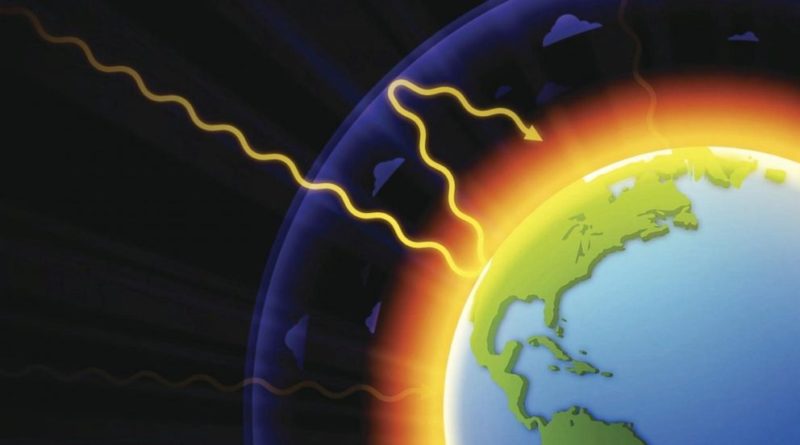2020 to be one of hottest years on record
Next year is likely to be another of the hottest on record, with global temperatures forecast to be more than 1.1C above the pre-industrial average, according to estimates from the Met Office.
The forecast for 2020 is based on observations of trends over recent years that have seen a series of years more than 1C above pre-industrial levels, and bearing what meteorologists said was the “clear fingerprint” of human-induced global heating.
That trend is likely to continue in 2020, the Met Office predicted on Thursday, barring unforeseeable events such as a major volcanic eruption, which would have a cooling effect from the dust thrown into the atmosphere.
Next year is also unlikely to see a strong natural warming event, with no El Niño predicted. El Niño is the weather system in the Pacific that can result in unusually high temperatures, as it did in 1998, which until 2005 held the crown of the warmest year since records began in 1850. For years, that fuelled false claims from some quarters that climate science was wrong and global heating was not occurring.
The hottest year on record currently is 2016, when there was an El Niño effect, and the years since have all been close to the record.
“Natural events, such as El Niño-induced warming in the Pacific, influence the climate system,” said Prof Adam Scaife, head of long-range prediction at the Met Office. “In the absence of El Niño, this forecast gives a clear picture of the strongest factor causing temperatures to rise: greenhouse gas emissions.”
If the forecast is correct, the world will come even closer to the brink of climate breakdown next year. Scientists have warned that warming of more than 1.5C above pre-industrial levels would have damaging effects on the world’s climate.
The first year in which temperatures were certified to be more than 1C above the average from 1850 to 1900 was 2015, so the rate of change has been rapid. If current trends continue, we could breach the 1.5C threshold within two decades.
Greenhouse gas emissions show little sign of abating, however: research published during the UN climate talks earlier this month showed that annual carbon emissions were now 4% higher than they were in 2015, when the historic Paris agreement on climate change was signed.
The Met Office used the same methods last year to forecast 2019 temperatures, and observations this year show that temperatures tracked its central estimate closely. Its forecast for 2020 is for an increase in global average temperature of between 0.99C and 1.23C, with a central estimate of 1.11C.
Temperature rises have been uneven across the globe, with the Arctic heating far faster than the average. Greenland ice is melting seven times faster than in the 1990s, according to research.




